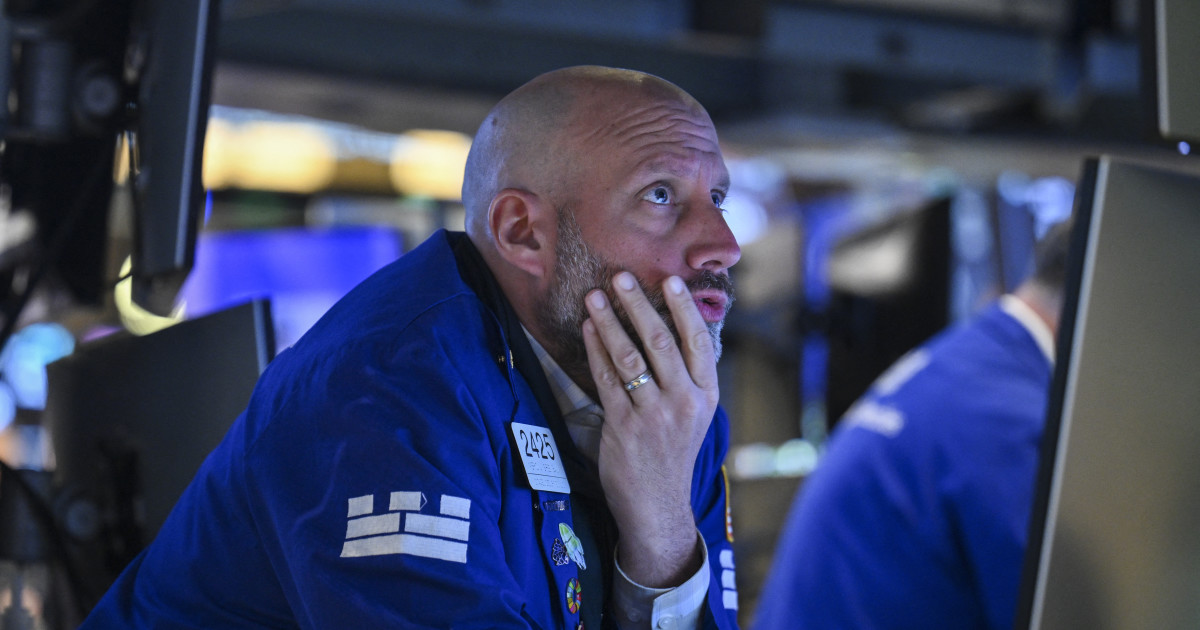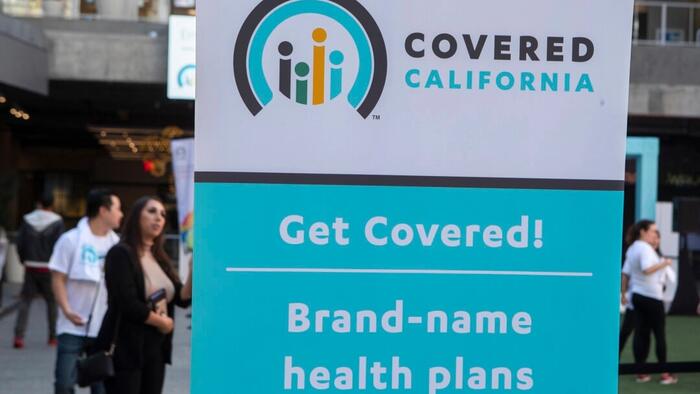Copyright The Street

This article is based on TheStreet’s Stock & Markets Podcast. Hosted by Chris Versace, the veteran Wall Street investor and lead portfolio manager for TheStreet Pro, the weekly podcasts are available early to members of TheStreetPro investing club. When something is named after an infamous aviation disaster, it’s probably not a good sign for investors who go long stocks. The Hindenburg Omen gets its handle from the German passenger airship that burst into flames over New Jersey skies in 1937. The tern describes a stock market indicator that signals a potential market slump by identifying market instability when many stocks are simultaneously hitting new 52-week highs and lows. Jay Woods, chief global strategist with Freedom Capital Markets, isn’t ready to shout, “oh, the humanity” just yet. But he is watching the market closely. “We’ve seen more losers than winners at a clip that you don’t historically see when you’re making new highs,” he said. “In fact, the new-high list has over 2% new winners and 2% losers.” The good news, Woods said, “is the leadership is right. The leadership is technology. The leadership is some of the consumer discretionary names that we want to see lead.” Woods shared his thoughts with Chris Versace, lead manager of TheStreet Pro portfolio during the Nov. 5 edition of TheStreet’s Stock & Markets Podcast. Strategist Woods: Bells and whistles going off “The last time this triggered was in June of 2024,” he said “We had a 10% correction during that time. So, if we were to get a 10% correction, it would be the second one.” This, on the other hand, would probably set up a nice buying opportunity, Woods said, “but you may hear the Hindenburg Omen thrown out there.” More Experts Dave Ramsey sends blunt warning to Americans on Medicare ACA Enrollment 2026: What You Need to Know Before Choosing a Health Plan Medicare Expert: Medigap prices hide 20% Cost Trap—Here’s an $840 out “It has not been triggered but there are little bells and whistles going off that it could be in our sights,” he said. “My umbrella is not out just yet but I have it ready,” he added. “So, from your perspective, this could be very similar to what we saw in the middle of last year, where it was a fantastic buying opportunity for those who were prepared,” Versace said. “We’ve had a strong run,” Versace said. “You know through the end of October [the] S&P was up six consecutive months and Nasdaq was up seven. We could be in for a pause to refresh, as Coca-Cola’s old (slogan) used to be.” “We are in a very strong earnings season, but we’re not getting the follow-through across the board that we’re used to,” Woods said. “And it feels as if there is a little turbulence under the surface with the breadth.” “A lot of the big players in the S&P 500, the Nasdaq Composite and this week we had Palantir report with arguable blowout numbers across the board,” Versace said. “And yet the post reaction was not positive.” Woods said that the market has seen “a tremendous run.” Concerns about shutdown “We’re up six months in a row,” he said. “We haven’t had a seven-month winning streak since I believe was 2021. This is the longest streak since then. They don’t happen very often. So, a pullback to me is healthy and necessary.” During the podcast, the two men also discussed the Federal Reserve and the government shutdown, which began Oct. 1 and is now the longest in U.S. history. Due to the government shutdown, Woods said, the Fed is “now relying on data that is more survey-related, and they have to interpret the data that they’re getting to dictate Fed policy going forward.” Fed Chairman Jerome Powell said last month that another rate cut in December was “not a foregone conclusion.” “That remark, which seemed rather off the cuff, I think was the most telling,” Versace said. Woods commented that there is talk of the government shutdown dragging into the Thanksgiving holiday. “If it does, the American public will be in an uproar,” he said. “I can’t imagine that they won’t get their act together in Washington and come to some resolution where all of a sudden, we put a stop to it, got people back to work, and focus on things going into the end of the year.” In discussing various sectors, Woods said that some, but not all, biotech stocks have started to turn around. “That’s what’s dangerous about biotech stocks because each individual name has a story and a specific drug linked to that,” he said. Woods also said that the cybersecurity is being overlooked. “Do you see any slowdown in cyberattacks?” Versace asked. “No, in fact, that’s a growth industry,” Woods said. “If you are a hacker out there, congratulations. You have a future.”



